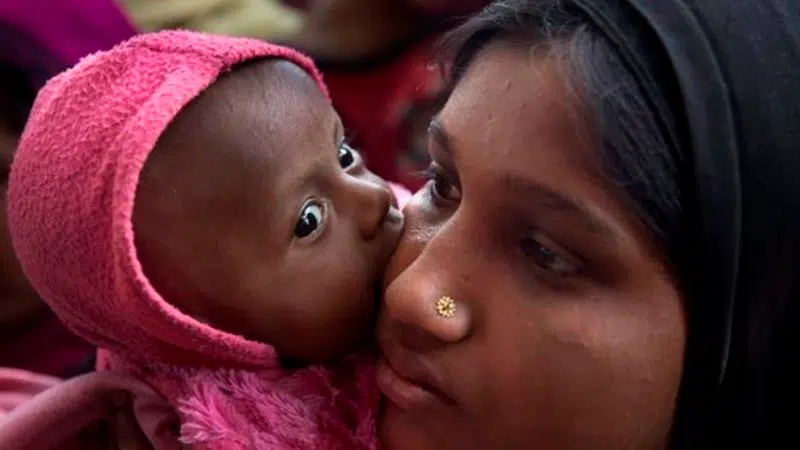
Canada urged to take international legal action on Rohingya genocide
OTTAWA — The Trudeau government is facing mounting pressure from across the country to take more international action to hold Myanmar to account for the genocide of the Rohingya people.
Thirty-four senators — a third of the Senate — and more than 100 human-rights organizations and advocates sent a joint letter to Foreign Affairs Minister Chrystia Freeland this week urging Canada to initiate proceedings before the International Court of Justice for breaching the United Nations convention against genocide. The court deals with disputes between states.
In September 2018, Canada became the first country in the world to officially recognize the violence perpetrated against the Rohingya by Myanmar’s security forces as genocide. Canada also stripped Myanmar’s de facto leader, Aung Sun Suu Kyi, of her honorary Canadian citizenship over her inaction on the violence in her country.
But branding the situation a genocide carries with it an international legal obligation to intervene, potentially with force, which is why the push is now on to see Canada take this next step.


